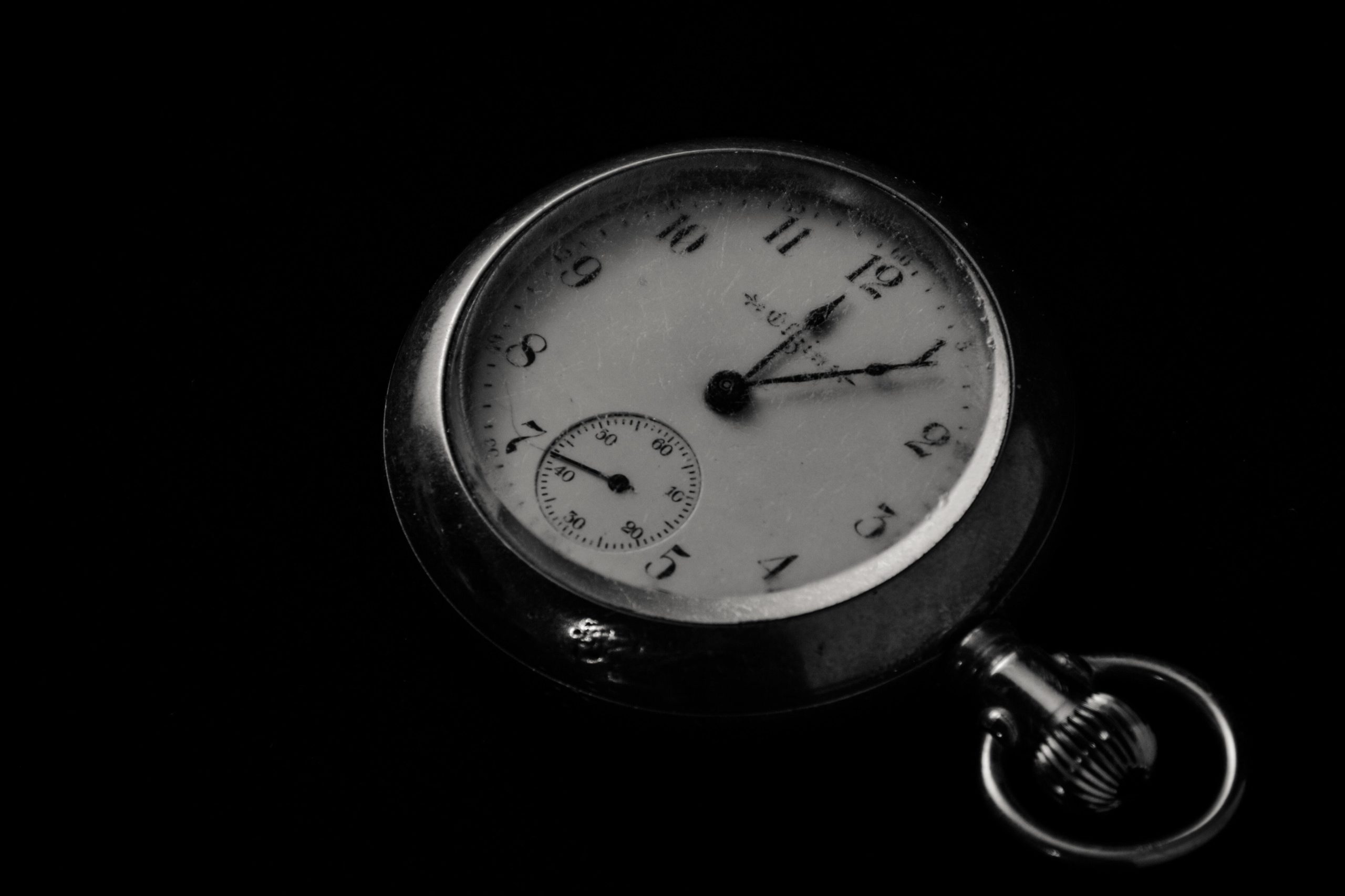How reading (books) “just-in-case” kills your progress
Oftentimes we learn the wrong things! Why? Because we focus on what we might need in the future, instead of what we need right now in the present. By deciding to leave “Just-in-Case” learning behind you’ll accelerate your growth and progress tremendously. In this article you’ll find out how to learn instead and why it’s so much more effective.
[Reading time: 6 minutes]

“I could use that someday.” Who hasn’t heard this statement?
Often, it’s about old clothes we have in our closet or other things we’ve accumulated over the years in our home. Either the phrase serves as an excuse why we don’t want to part with something, or as a justification why we should buy something new.
Sometimes, though, it’s about information, in the form of books, articles, or notes that you want to preserve. Many of us have hundreds of bookmarks set in our browser, pages upon pages of notes or even video footage for months. After all, we “could use it someday.” But for both possessions and content, this attitude tends to be a big fallacy.
There is a real chance that the case will never happen. What if you never need this thing or this information? Then what did you keep it for, or possibly even maintain it for? What if you can use the information, but you don’t remember storing it anywhere? Or you don’t remember where you stored it?
What if you could have used your time or resources more wisely elsewhere? For example, by reading through information that directly helps you. You must think of it like opportunity cost. Instead of reading something you might need someday, you can read something you can definitely use right now!
Let’s assume that you are very interested in how you can build up a side hustle in addition to your full-time job to have a side income. However, you are currently reading a book about investing money in the stock market. You don’t currently have money to invest, but someday you will and then you’ll want to know what to do with it. Wouldn’t it make much more sense to put the book about the stock market aside and devote yourself to the topic that is currently more relevant? Yes, of course it would!
And it is with this mindset that we should choose which books to read. Ask yourself questions like:
- What problem am I currently facing?
- What do I want to change right now?
- What question do I need an answer to?
- In which area of my life is there currently the greatest need for optimization?
I have recently made the experience myself: For almost 2 years I had the book The 5 Dysfunctions of a Team at home. There was never a specific reason for me to read the book, other than pure interest in the topic. (Don’t get me wrong: reading a book purely out of interest or curiosity is usually a legitimate reason, too. But if you read with the intention of improving certain skills or achieving a certain goal, then you should also focus on those topics when choosing books). Then this year I worked with 4 friends as a team as part of a university project. We get along well and are on the same wavelength, but still didn’t get the results we wanted. Once again, as I sat in front of my bookshelf looking at it (yes, I really do that), Patrick Lencioni’s book jumped out at me. It was immediately clear to me that it was relevant to the current situation and would add value, so I started reading it.
The point is that I read the book just-in-time, just when it helped me. If I had read it 2 years earlier, it probably wouldn’t have helped me because I didn’t have a use case for it in my own life.
So, if you really want to be effective in your reading and apply what you read – which should be most of the time – I recommend reading books just-in-time, not just-in-case.
If you want more reading tips like that, join our newsletter to get them right to your inbox!
TL;DR
- The attitude of “I could use that someday” is a big fallacy.
- Reading books “Just-In-Case” you might need the information is a waste of time.
· Instead read them “Just-In-Time”, which means that you consume information, right when you need it.
0 Comments